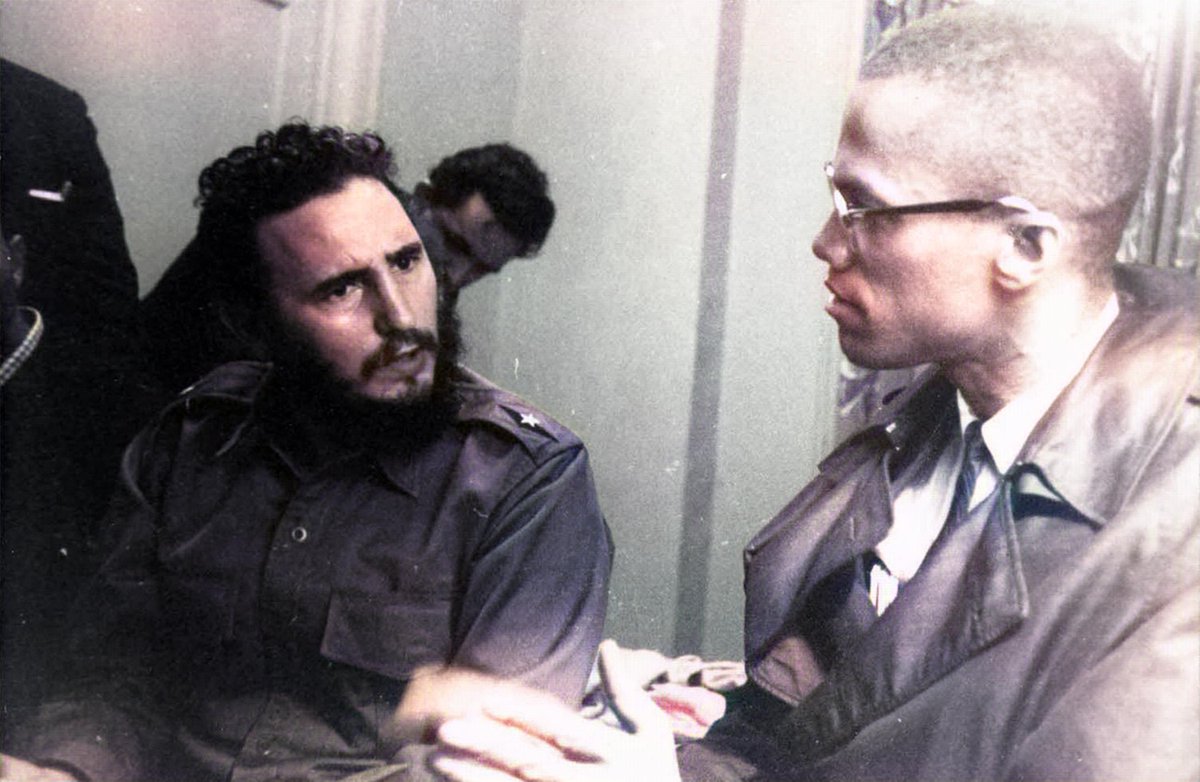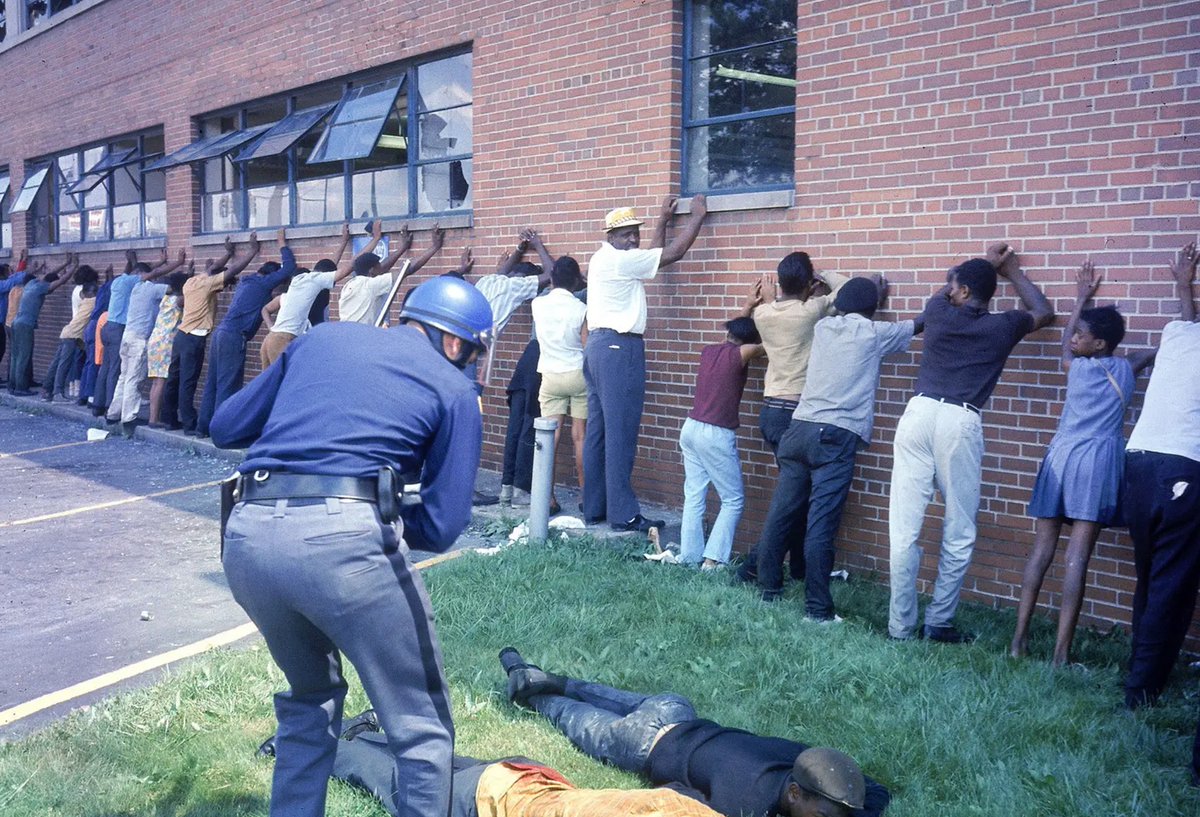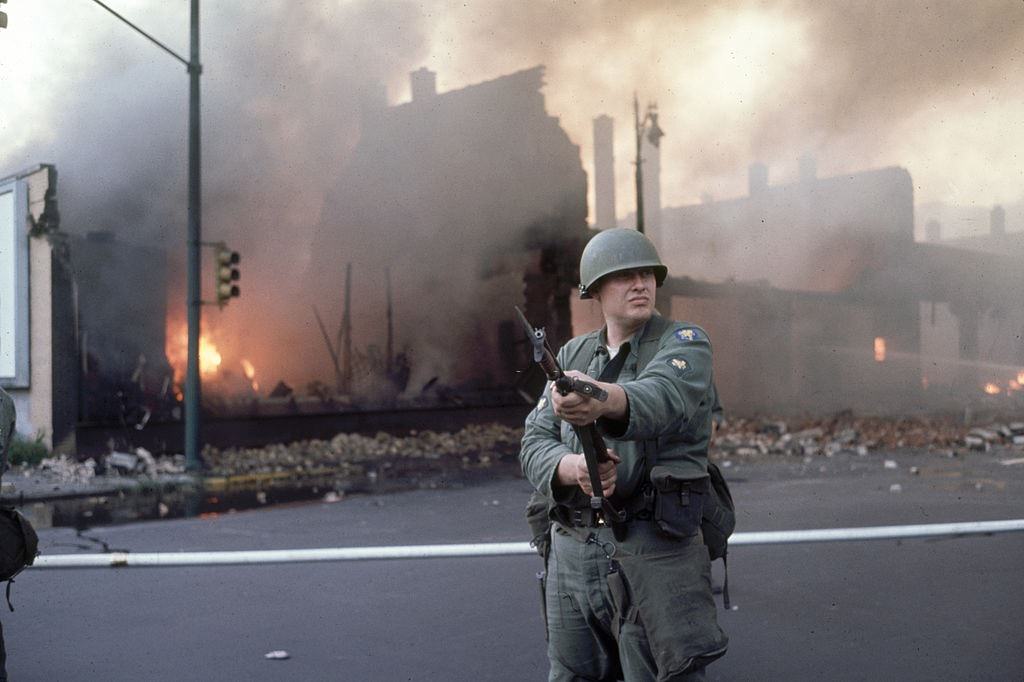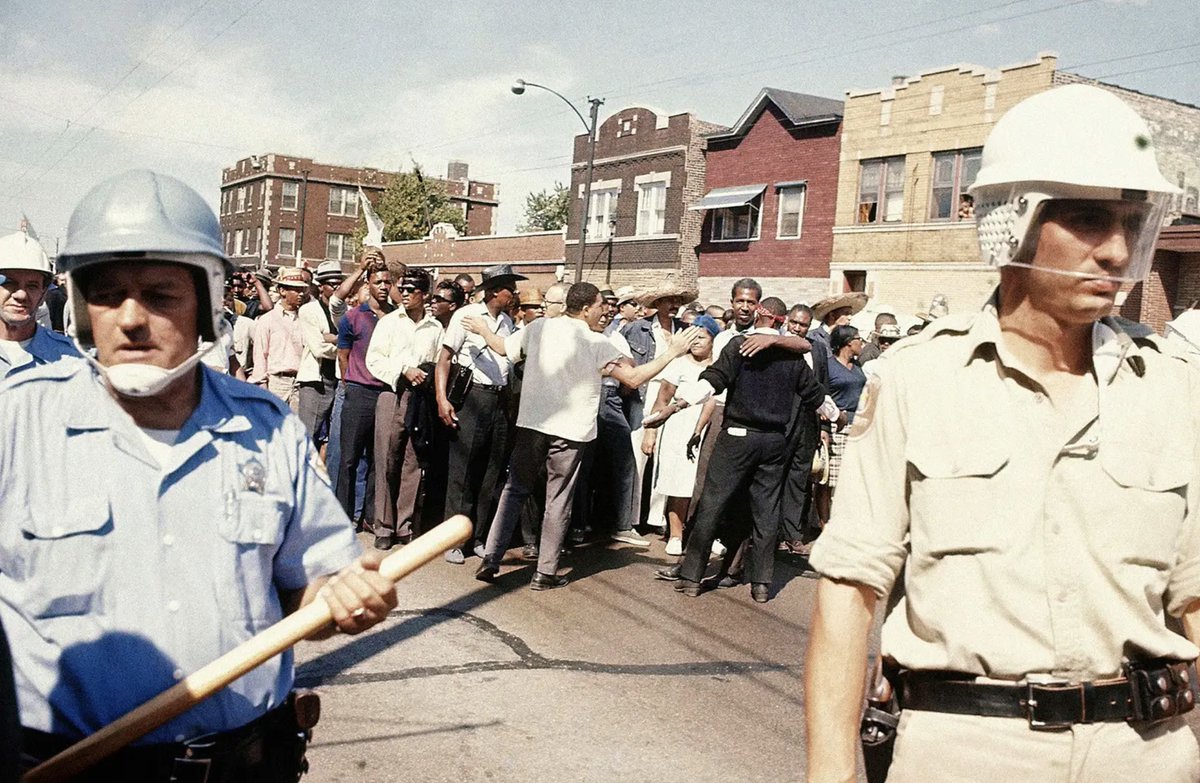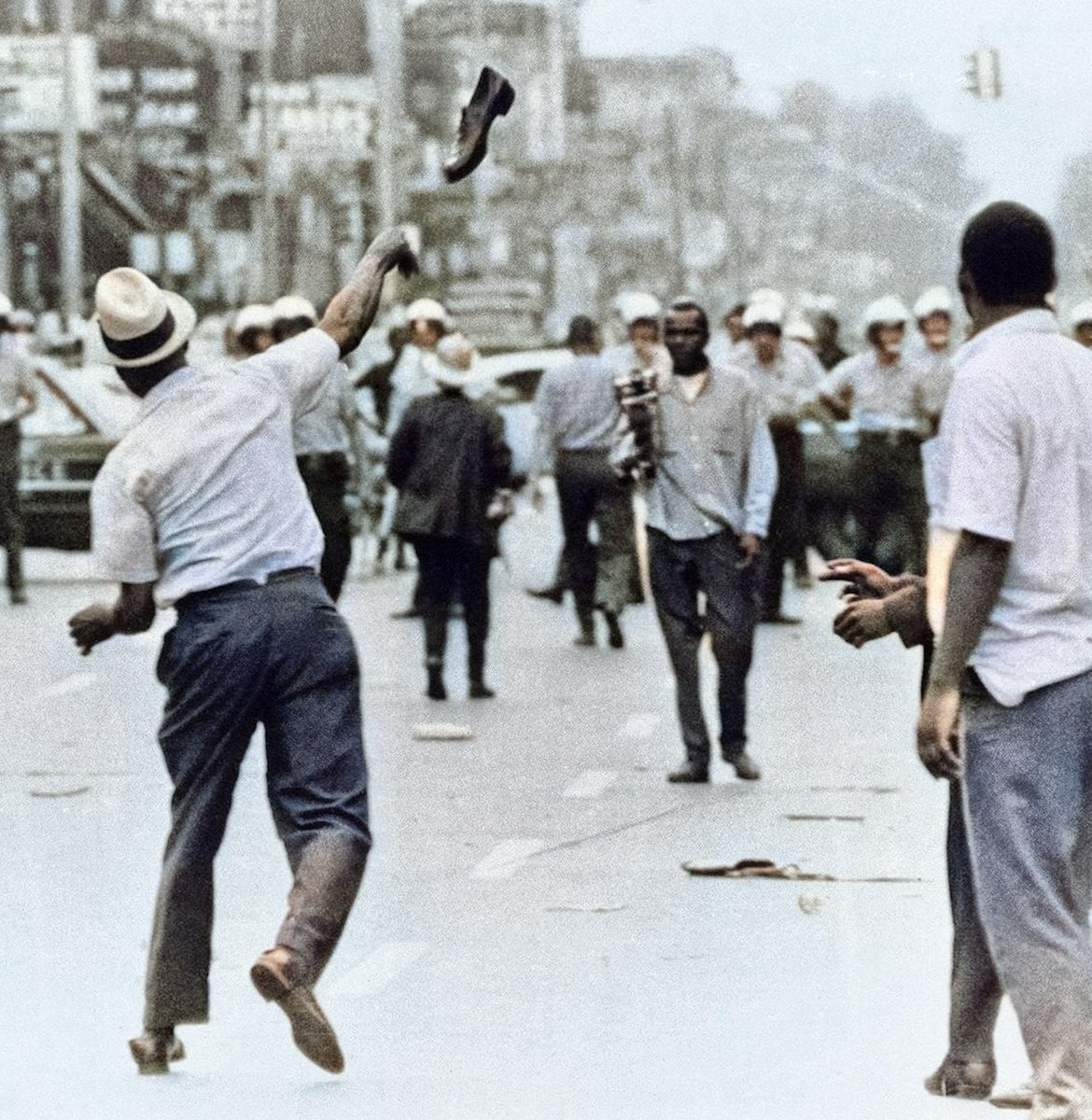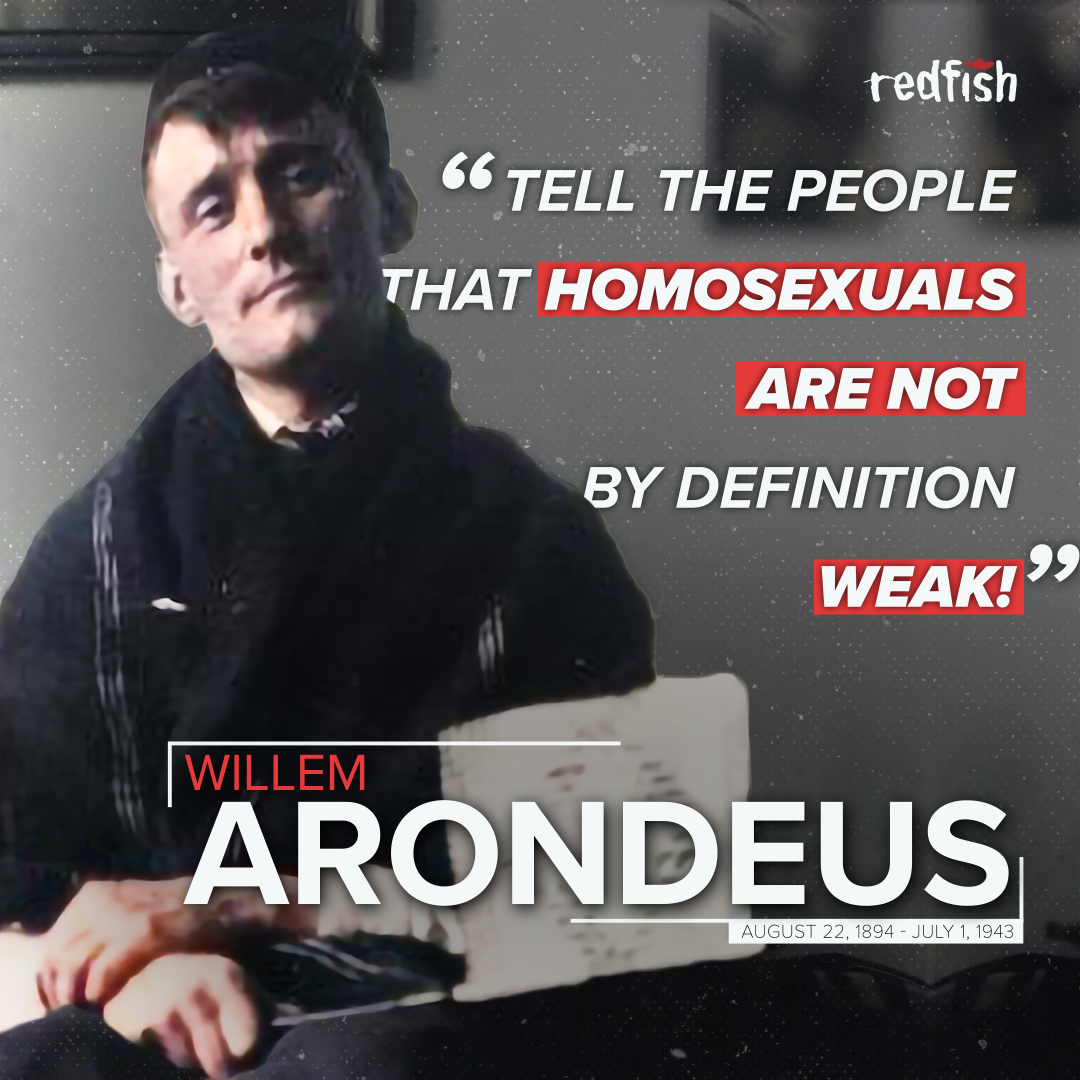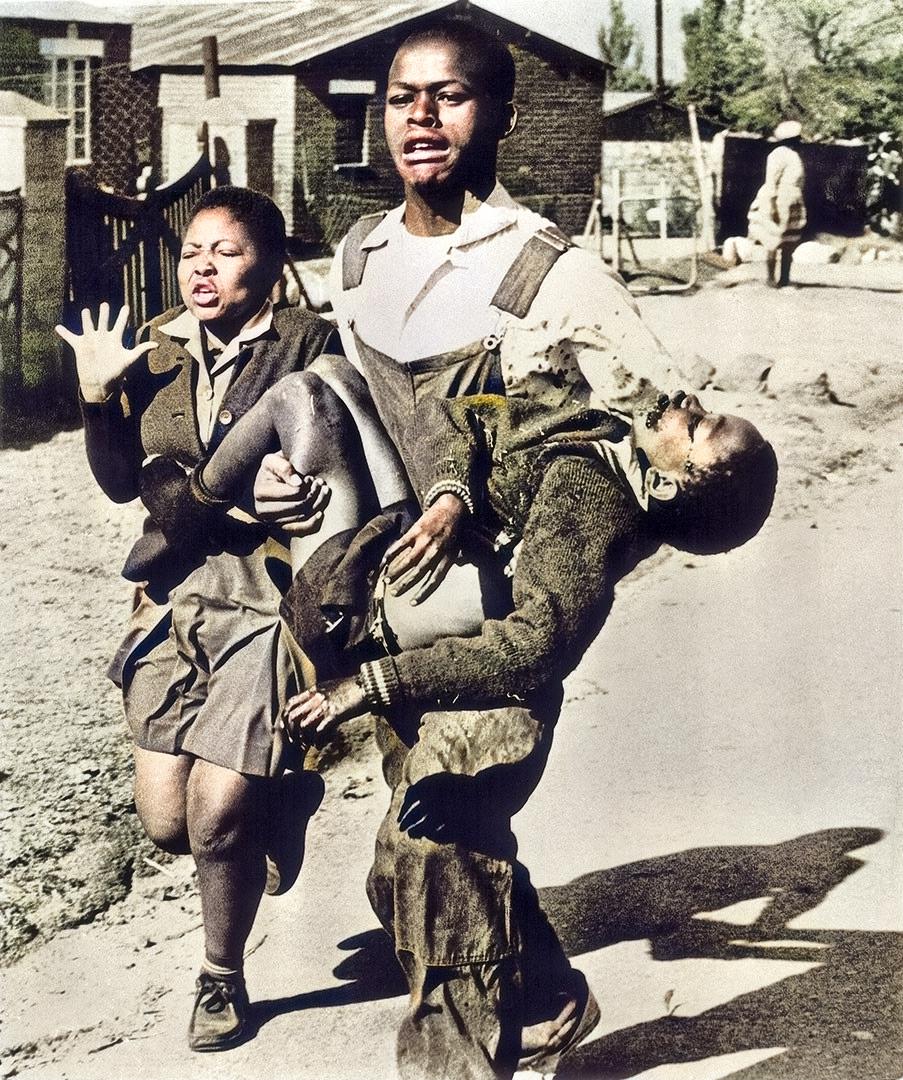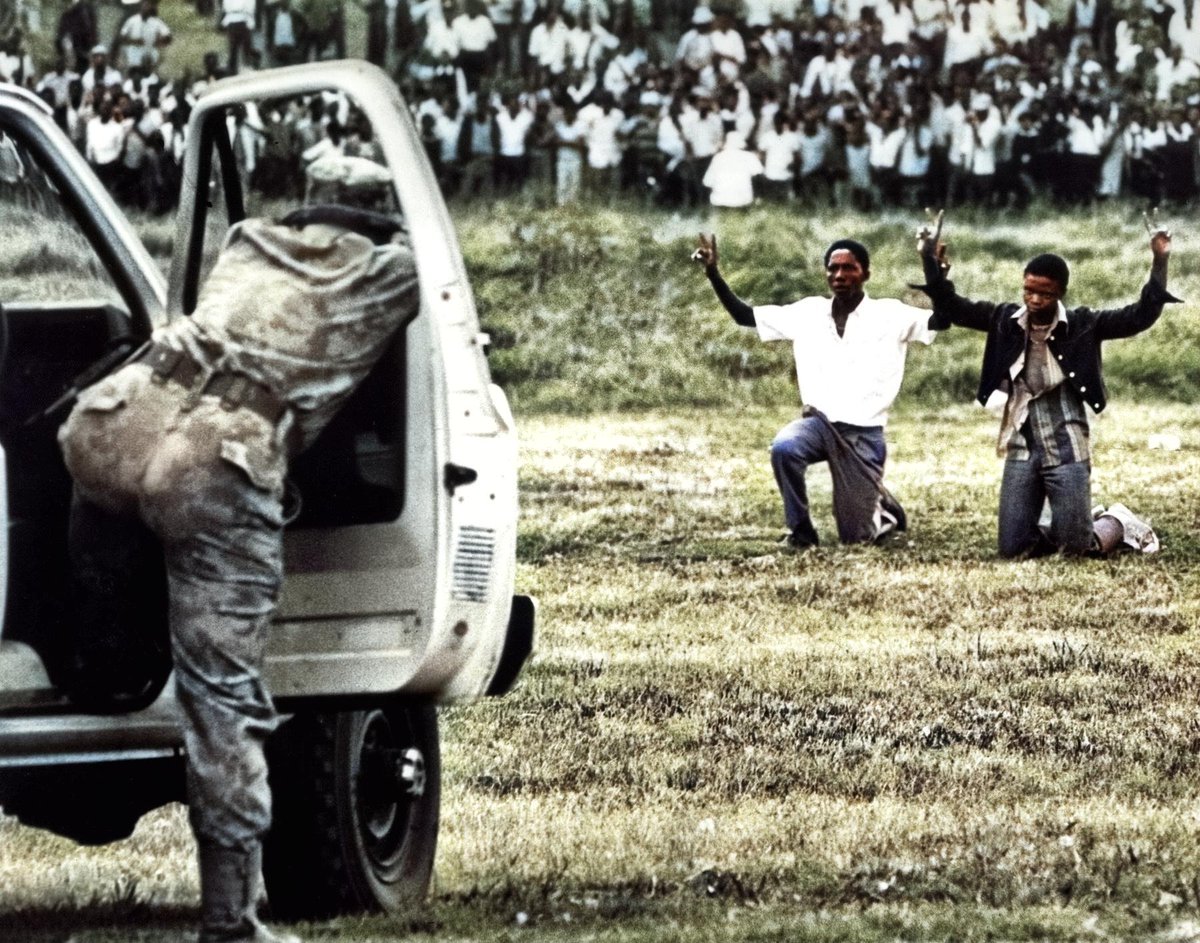
On this day in 1987, Burkinabe socialist president Thomas Sankara was assassinated at the age of 37.
He was killed in a military coup, suspected to have had support from the U.S. and France.
Sankara became the President of Burkina Faso at the age of 33, he only lasted 4 years.
He was killed in a military coup, suspected to have had support from the U.S. and France.
Sankara became the President of Burkina Faso at the age of 33, he only lasted 4 years.
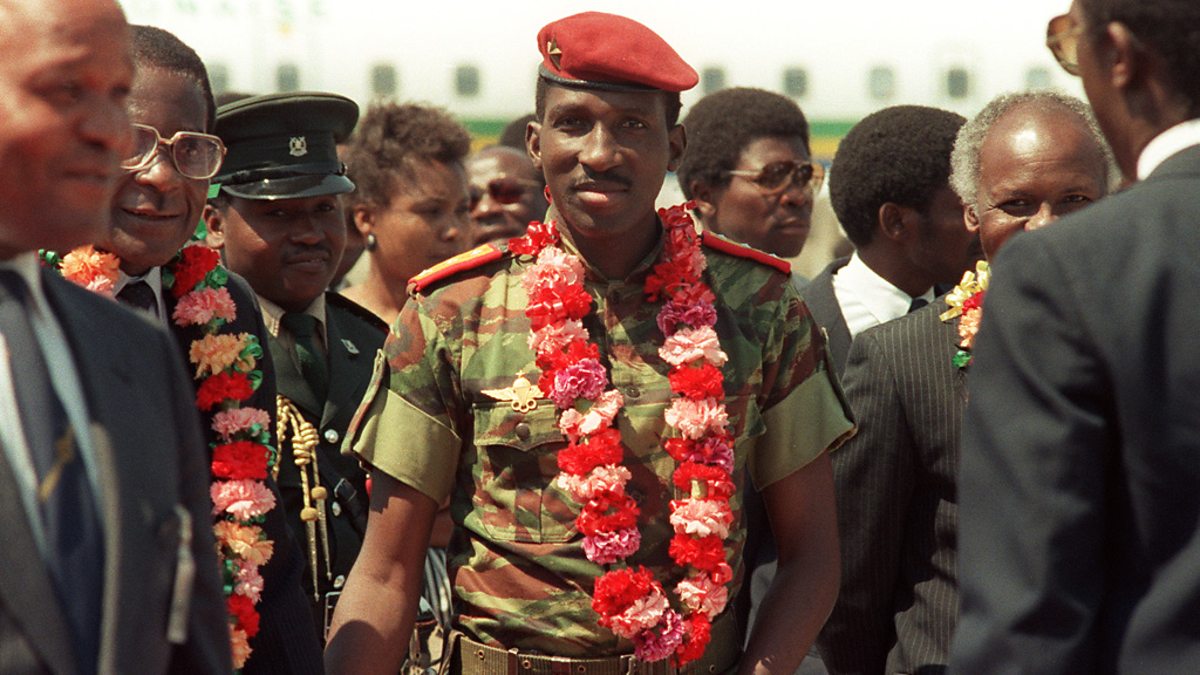
Sankara gained the love of his people because of his humble lifestyle, socialist programs, & economic prosperity, but also his confrontation with the national elite, as he stripped power away from them, and for challenging Western imperialism and neo-colonialism in the continent.
In those 4 short years he:
• Lowered his salary to $450 a month, limited his possessions to a car, 4 bikes, 3 guitars, a fridge, and a broken freezer.
• Sold off the government fleet of Mercedes cars & made the cheapest car in Burkina Faso the official service car.
• Lowered his salary to $450 a month, limited his possessions to a car, 4 bikes, 3 guitars, a fridge, and a broken freezer.
• Sold off the government fleet of Mercedes cars & made the cheapest car in Burkina Faso the official service car.

• Vaccinated 2.5 million children against meningitis, yellow fever, and measles in a matter of weeks.
• Initiated a nationwide literacy campaign, increasing the literacy rate from 13% in 1983 to 73% in 1987.
• Initiated a nationwide literacy campaign, increasing the literacy rate from 13% in 1983 to 73% in 1987.

• Redistributed land from the feudal landlords and gave it directly to the peasants.
• Planted over 10 million trees to retain soil and halt the growing desertification of the Sahel.
• Built roads and a railway to tie the nation together.
• Planted over 10 million trees to retain soil and halt the growing desertification of the Sahel.
• Built roads and a railway to tie the nation together.
• Appointed women to senior positions, encouraged them to work, and granted pregnancy leave during education. 

• Opposed foreign aid, saying that “he who feeds you, controls you.”
• Called for a united front of African nations to repudiate their foreign debt, arguing the poor and exploited did not have an obligation to repay money to the rich and exploiting.
• Called for a united front of African nations to repudiate their foreign debt, arguing the poor and exploited did not have an obligation to repay money to the rich and exploiting.

• Converted the army’s provisioning store into a state-owned supermarket open to everyone (the first supermarket in the country).
• Refused to use the air conditioning in his office on the grounds that such luxury was not available to anyone but a handful of Burkinabes.
• Refused to use the air conditioning in his office on the grounds that such luxury was not available to anyone but a handful of Burkinabes.

“Our revolution in Burkina Faso draws on the totality of man’s experiences since the first breath of humanity. We wish to be the heirs of all the revolutions of the world, of all the liberation struggles of the peoples of the Third World.” - Thomas Sankara 

• • •
Missing some Tweet in this thread? You can try to
force a refresh



